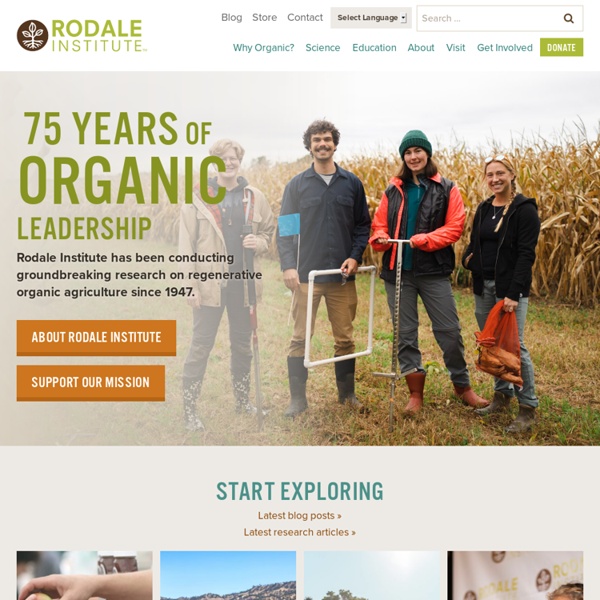



Cradle To Cradle Products Innovation Institute The program guides continual improvement towards products that are: - made with materials that are safe for humans and the environment - designed so all ingredients can be reused safely by nature or industry - assembled and manufactured with renewable, non polluting energy - made in ways that protect and enrich water supplies, and - made in ways that advance social and environmental justice What makes your product "sustainable"? How do important audiences know for sure? Certified Cradle to Cradle is rigorous. The Cradle to Cradle CertifiedTM Products Program is comprehensive and rigorous. As a guidance system for product designers and manufactuers, the program leads to the creation of innovative products that redefine quality and beauty. Products are analyzed by assessors that have been accredited by the Institute.
INSM Who We Are CGIAR is the only worldwide partnership addressing agricultural research for development, whose work contributes to the global effort to tackle poverty, hunger and major nutrition imbalances, and environmental degradation. It is carried out by 15 Centers, that are members of the CGIAR Consortium, in close collaboration with hundreds of partners, including national and regional research institutes, civil society organizations, academia, development organizations and the private sector. The 15 Research Centers generate and disseminate knowledge, technologies, and policies for agricultural development through the CGIAR Research Programs. The CGIAR Fund provides reliable and predictable multi-year funding to enable research planning over the long term, resource allocation based on agreed priorities, and the timely and predictable disbursement of funds. The multi-donor trust fund finances research carried out by the Centers through the CGIAR Research Programs. What we do Making a difference
Intergovernmental Panel on Climate Change The Intergovernmental Panel on Climate Change (IPCC) is a scientific intergovernmental body under the auspices of the United Nations,[1][2] set up at the request of member governments.[3] It was first established in 1988 by two United Nations organizations, the World Meteorological Organization (WMO) and the United Nations Environment Programme (UNEP), and later endorsed by the United Nations General Assembly through Resolution 43/53. Membership of the IPCC is open to all members of the WMO and UNEP.[4] The IPCC is chaired by Rajendra K. Pachauri. The IPCC does not carry out its own original research, nor does it do the work of monitoring climate or related phenomena itself. The IPCC bases its assessment on the published literature, which includes peer-reviewed and non-peer-reviewed sources.[7] Thousands of scientists and other experts contribute (on a voluntary basis, without payment from the IPCC)[8] to writing and reviewing reports, which are then reviewed by governments. Aims[edit]
RealClimate Gregor Louisoder Umweltstiftung: Startseite FÖS | Forum Ökologisch-Soziale Marktwirtschaft | © 2013 Home - scp-centre.org adelphi Homepage